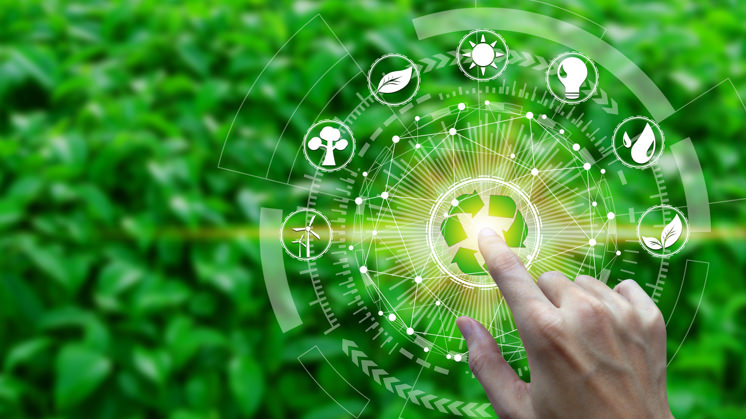Environmental Institutional Development in Indonesia
Introduction
According to Otto Soemarwoto, the environment is a space occupied by living things along with other inanimate objects. The existence of this living environment is very important for all living things, because if there is damage then the lives of all creatures will also be disturbed. However, along with globalization and massive human development, this has had a drastic impact and changes in current environmental conditions, particularly in terms of environmental damage and pollution. Furthermore, the current society's consumption culture also has the potential to worsen the current environmental conditions, because that culture tends to create various activities that place nature or the environment as objects of exploitation, disposal media, and industrial activities only, regardless that the environment is material which has limitations and can be damaged. Therefore, nowadays, environment preservation has been seen as an obligation of communities around the world (National Research Council, 1992).
In this case, to minimize the occurrence of pollution and damage, it is necessary to have a balance between development and environmental sustainability. In addition, in order to anticipate the increasingly widespread counterproductive impact on the environment, especially due to the rapid development of the industrial world, law enforcement in the environmental sector is absolutely necessary. Here, an effective and efficient institution is needed in maintaining the environment from the decline in function that always threatens the present and future life (Nicolaisen, Dean, & Hoeller, 1991). In this regard, Indonesia itself has shown its commitment in preserving the environment by making various laws and regulations regarding environmental institutions. However, changes in laws and regulations that continue to be carried out make the form of environmental institutions in Indonesia also continue to change, which in the end is ineffective and inefficient in the implementation of environmental preservation and realizing sustainable development. Based on this, this essay will discuss the development of environmental institutions in Indonesia in dealing with environmental problems.
Discussion
In principle, the environment is one of the resources required for its existence by all living things, be it animals, plants or humans. Therefore, development and increased economic activity should not interfere or damage other sectors, in order to meet the needs of future generations. Unfortunately, the consumptive behavior of society nowadays makes the number of people's necessities of life increase and creates new needs in their lives. Consumptive behavior is considered not only to destroy and dredge natural resources, but also exhaust gas and waste from industrial factories which also cause problems, especially with the increasing market demand (UNEP, 2015).
One of the impacts of environmental damage is global warming or also often referred to as global warming, which occurs due to environmental degradation or a decrease in the quality and carrying capacity of the environment which is the impact of development activities from the malfunctioning of environmental components properly. This is caused by excessive human interference with the natural environment that is the impact of mining, industrial, agricultural and residential development activities. For example, in urban areas, Todaro and Smith (2012) reveal that one of the most important phenomena of modern demographics is the rapid growth of urban population in developing countries. In 2010, the world's population residing in urban areas reached 3.4 billion and more than three-quarters of urban people residing in metropolitan areas. The consumption of urban communities is considered to be much higher than that of rural communities. This can have an impact on the high absorption of natural resources into urban areas, with a much larger number of rural communities.

